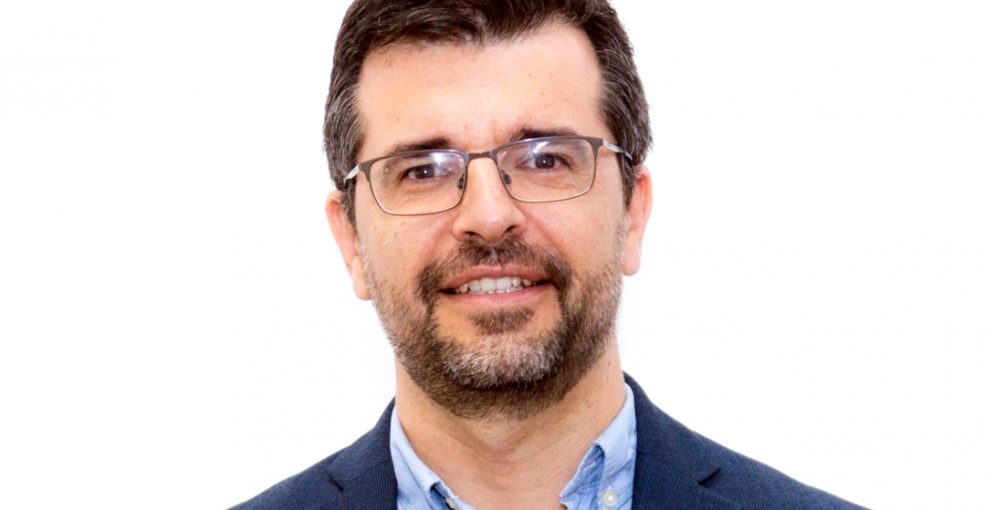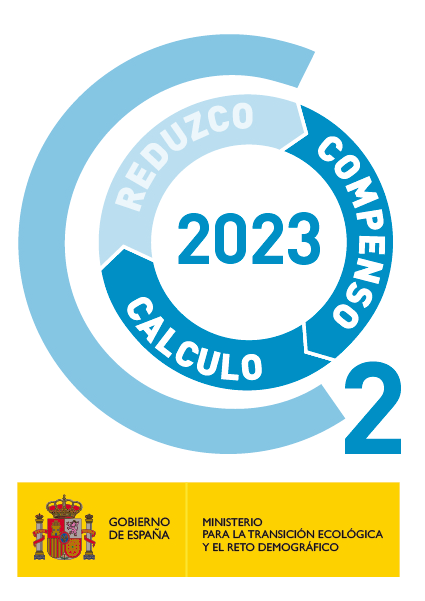Valencia – 29.04.20. On May 6th at 17:00 hrs. the fifth port logistics webinar will be held, organized by the Fundación Valenciaport, in which the use of hydrogen technologies in the maritime-port sector will be analyzed by Josep Sanz, a member of the innovation and development team of the Fundación Valenciaport cluster.
To create a sustainable society, the energy and transport model in the near future must be low-polluting, carbon-neutral and economically viable. Fuel cell and hydrogen technologies are going to contribute in a fundamental way to this future and, due to their versatility, they are going to be present in practically all areas of society. The viability and potential of these alternatives has already been demonstrated in various applications such as energy storage, mobility, transport or industry, and work is currently underway to achieve a major deployment that will enable these technologies to be economically competitive with traditional hydrocarbon-based alternatives.
During the Webinar, the current status of hydrogen technologies will be briefly presented, highlighting their advantages (and disadvantages) over other alternatives. Then, their potential in the maritime port sector will be evaluated, as ports will play a key role in initiating their deployment. In this sense, the port of Valencia has already begun to take the first steps with the European H2PORTS project, an initiative financed by the FCHJU and a pioneer in Europe in the use of hydrogen technologies in port machinery, whose main characteristics will also be presented during the meeting.
It should be recalled that this activity is part of the cycle of free webinars on the main trends of the port logistics cluster that has launched the Fundación Valenciaport with the aim of offering the sector a pleasant option to be trained and updated during the period of confinement resulting from the COVID-19 pandemic. These webinars are held through the Fundación Valenciaport’s Virtual Classroom platform, on a weekly basis and last 30 minutes plus 15 additional minutes of questions. It is expected that, during the next few weeks, highly topical issues such as the possibilities of the circular economy in ports, among others, will continue to be analysed.


